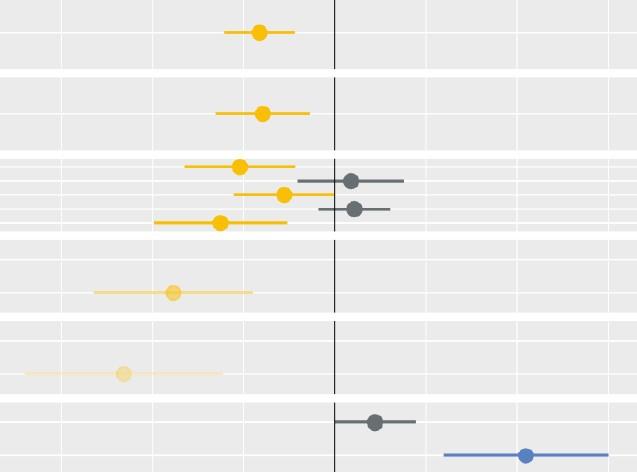Tacking inequalities in health is a long-standing NHS policy objective. Variation in the experiences and outcomes of different communities during the COVID-19 pandemic served to bring this issue back into focus.
In the Summer and Autumn of 2020, as the first wave of the pandemic subsided, concern grew about reduced access to routine hospital care: diagnostics, outpatient care and planned surgery. Waiting lists and waiting times began to grow. The network of Decision Support Units in the Midlands recognised the potential for this issue to exacerbate existing inequalities. They jointly commissioned this analysis to explore the extent, causes and consequences of socio-economic inequalities in access to planned hospital care. The recent NHS Planning Guidance emphasises the importance of identifying and tackling these inequalities.
The report has four objectives:
- To describe socio-economic inequalities in access to planned hospital care
- To identify where in the patient pathways these, inequalities in planned care emerge
- To explore potential drivers of these inequalities
- To explore whether poor access to planned care in some communities leads to increased demand for unplanned care.
The report builds on earlier research, advancing our understanding in some key areas. Although further analysis may certainly add benefit, this report is sufficient to support some immediate and targeted actions.
We look forward to working with the network of Decision Support Units in the Midlands to improve the outcomes for people living in the most deprived parts of the region.
CC BY-NC-ND 4.0

This work is licensed under a Creative Commons Attribution-NonCommercial-NoDerivatives 4.0 International License.




